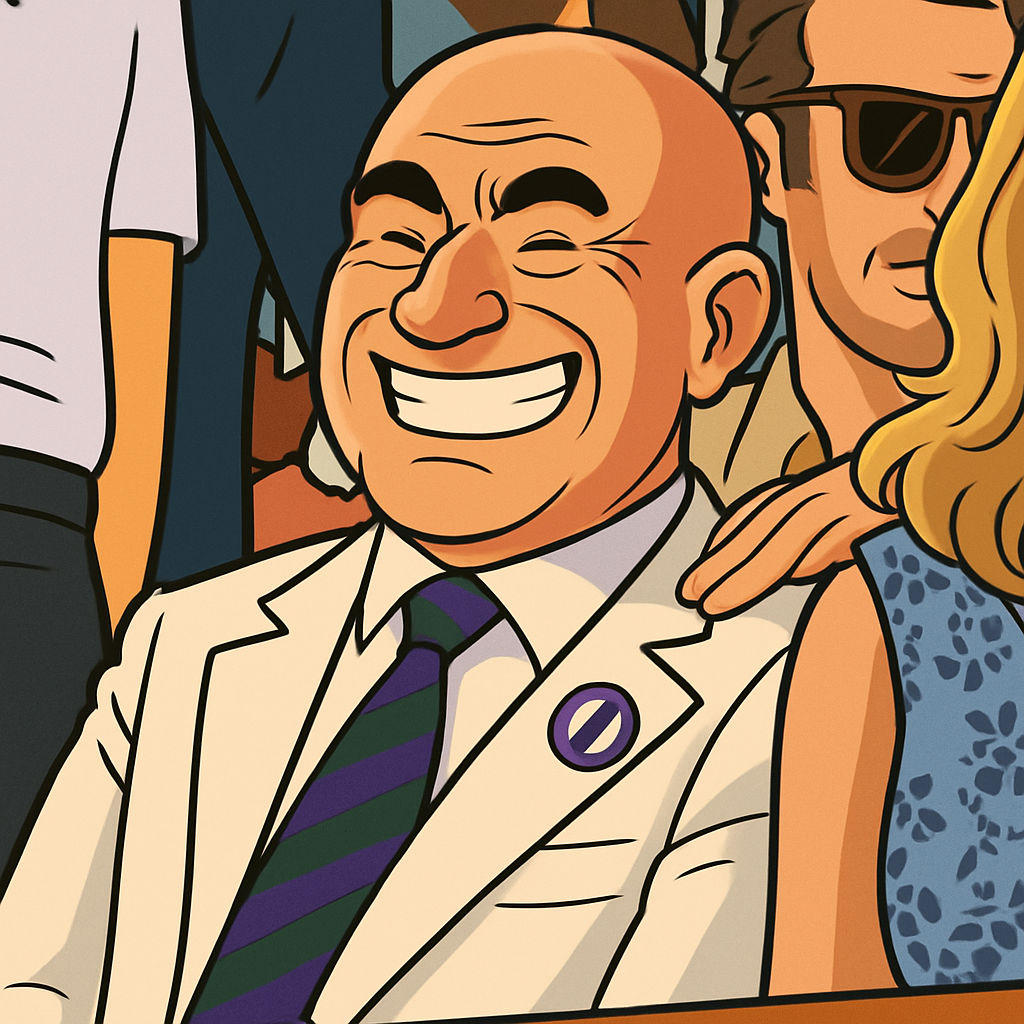LONDON — A BBC Wimbledon commentator has responded to the controversy surrounding Andre Agassi’s appearance at this year’s tournament, defending the former champion’s involvement despite criticism from some quarters. Agassi, an eight-time Grand Slam winner, was invited as a guest commentator and analyst for the BBC’s coverage, sparking debate among fans and pundits.
The backlash stemmed from Agassi’s past controversies, including his admission of drug use in his 2009 autobiography, Open, and his public feuds with tennis authorities during his playing career. Some viewers questioned whether the BBC should have given him a platform, while others praised his insightful commentary and charismatic presence.
The Commentator’s Defense
John McEnroe, another former player turned commentator, publicly supported Agassi’s role at Wimbledon. McEnroe, known for his own fiery personality, argued that Agassi’s experience and honesty made him a valuable addition to the broadcast team. "Andre’s been through it all—the highs, the lows, the mistakes, and the comebacks. That’s exactly the kind of perspective fans want," McEnroe said.
The BBC also stood by its decision, emphasizing Agassi’s contributions to the sport and his redemption story. A spokesperson stated, "Andre Agassi is one of the most respected figures in tennis, and his insights have been invaluable to our coverage. We believe in giving voices to those who have lived the sport at the highest level."
Fan Reactions Divided
The debate played out on social media, with fans split on Agassi’s involvement. Some praised his commentary, calling it "refreshing" and "authentic," while others criticized the BBC for overlooking his past.
- "Agassi’s honesty about his struggles makes him relatable. He’s not pretending to be perfect," one fan tweeted.
- "The BBC shouldn’t platform someone with his history. There are plenty of other greats to choose from," another argued.
Agassi’s Legacy in Tennis
Agassi’s career was marked by both brilliance and controversy. After a rebellious early career, he transformed into one of the sport’s most beloved figures, winning Wimbledon in 1992 and completing a Career Grand Slam. His philanthropic work, particularly through the Andre Agassi Foundation for Education, has also earned him widespread respect.
In his autobiography, Agassi admitted to using crystal meth in 1997 and lying to tennis authorities to avoid a suspension. While the revelation shocked many, it also humanized him and added to his narrative of redemption. "I’ve made mistakes, but I’ve also worked hard to make amends. Tennis gave me a second chance, and I’ll always be grateful," Agassi said during a recent interview.
The Bigger Picture
The controversy highlights broader questions about how sports media handles figures with complicated pasts. Should networks prioritize talent and insight over personal history, or should they hold commentators to higher standards?
McEnroe, no stranger to controversy himself, argued that perfection shouldn’t be the benchmark. "If we only let saints commentate, we’d have a pretty quiet broadcast. Andre’s been honest about his flaws, and that’s what makes him compelling," he said.
Conclusion
As Wimbledon 2024 wraps up, the debate over Agassi’s role may linger, but his commentary has undoubtedly added depth to the coverage. Whether fans love him or question his past, one thing is clear: Agassi’s presence has sparked conversation, and in the world of sports broadcasting, that’s often the point. "Tennis is about stories—the triumphs, the failures, and the comebacks. Andre’s story is one of the greatest, and it’s worth telling," McEnroe concluded.

